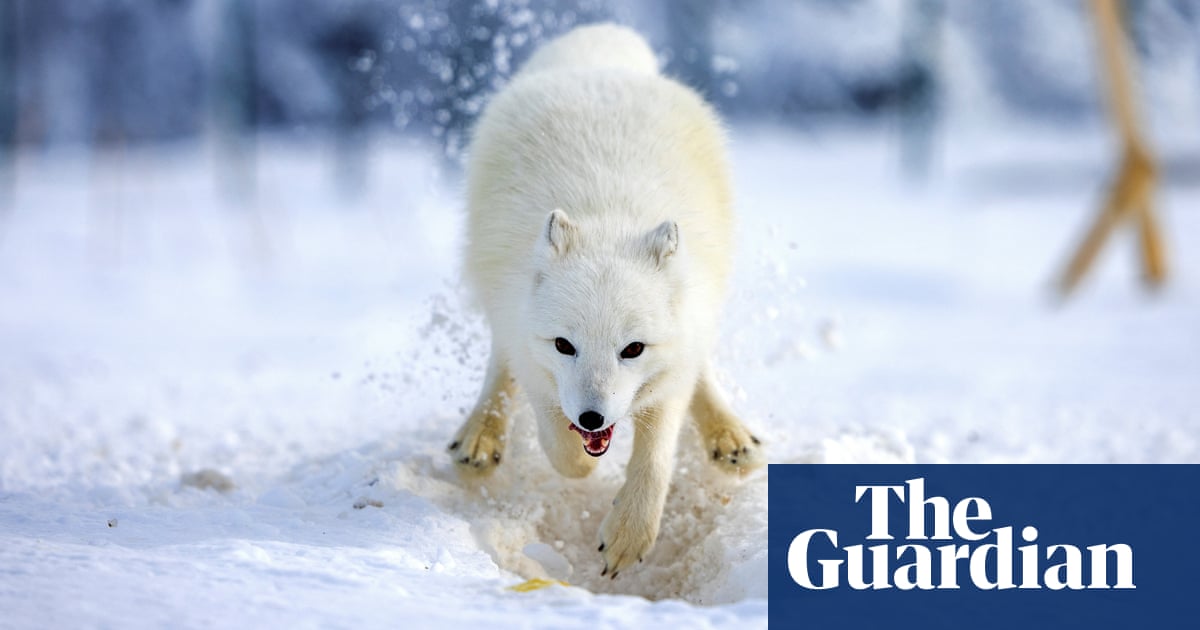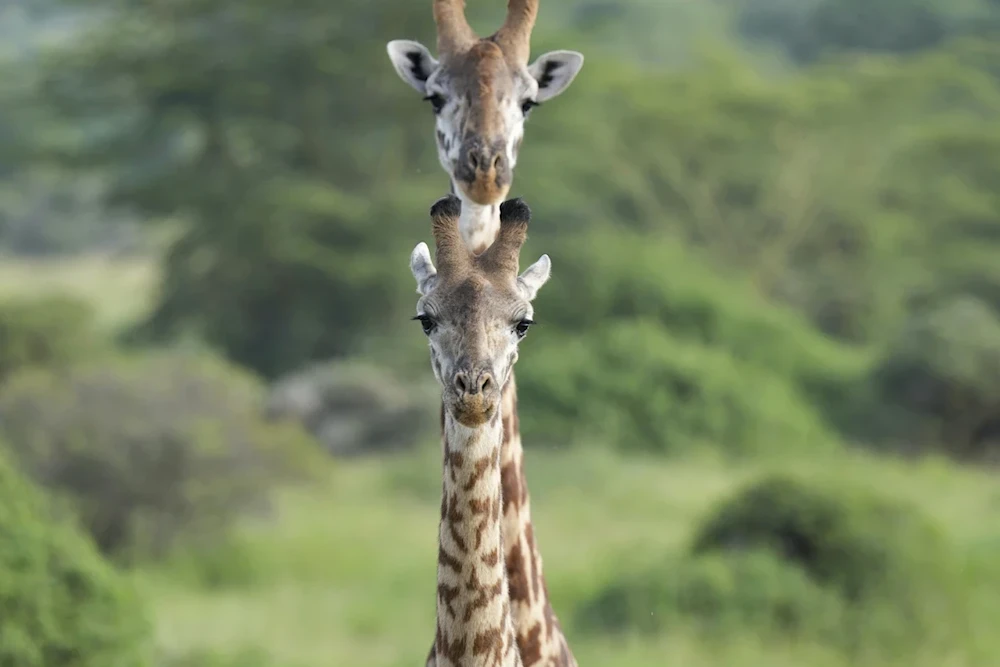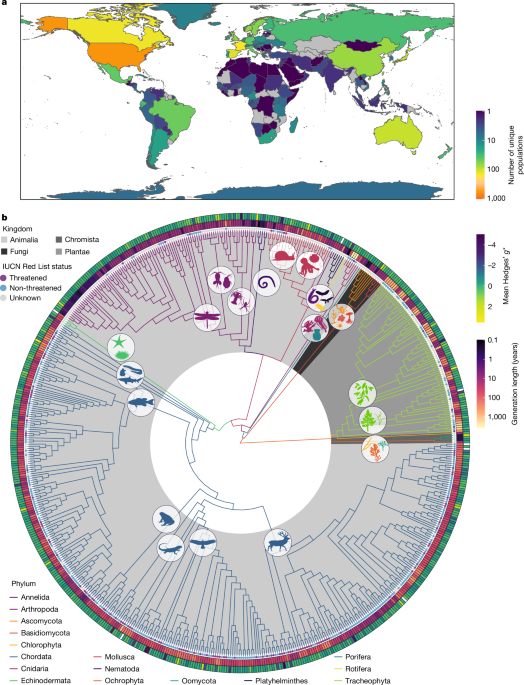The Spin
Narrative A
Despite the grim findings, the study also showcased instances where tailored conservation strategies made a real difference in protecting genetic diversity. Success stories like the arctic fox in Scandinavia and golden bandicoots in Western Australia prove that targeted interventions can maintain and even increase genetic diversity — offering hope for species preservation.
Narrative B
This landmark study highlights the urgent need for conservation efforts to address the alarming decline in genetic diversity and underscores the broader effects of ecological disruptions on the planet's biodiversity. Even species with seemingly healthy populations are experiencing genetic decline, which threatens their long-term survival and ability to adapt to environmental changes.
Metaculus Prediction
There's a 50% chance that the first baby of an extinct vertebrate species will be born or hatched naturally by October 2046, according to the Metaculus prediction community.







